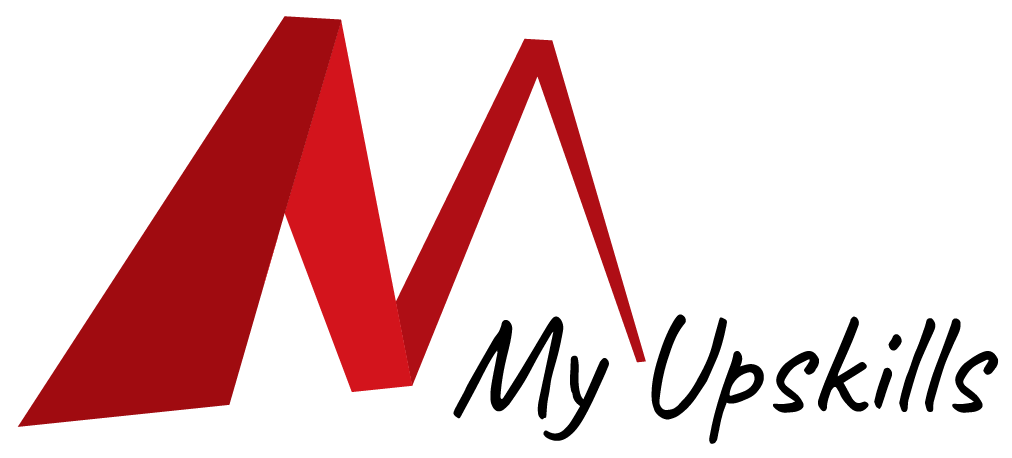Are you wondering know the career outcomes of a health administration degree? It is a thrilling time for you to be starting your career in the healthcare industry. Not only will no less than 56,000 healthcare careers be included in the economy by 2024, but the future of the sector appears dynamic in many ways
With the ongoing changes being made to healthcare policy, the variety and number of professional services will keep growing.
Additionally, numerous healthcare administrators will retire in the coming years because the baby boomer population exits the workforce.
Health Care Management: Working your way up
While a profession in health care typically starts at entry-level, an advanced degree will help you go up faster. A solid understanding of business administration and principles is effective in entry-level positions.
Entry-level health care administrator jobs make a standard salary of $56,000 annually. Achieving skills, including successful budget and operations administration, can put you on a higher-end payout scale.
Most healthcare management tasks need real-world skills and experience in an admin or specialized clinical position in the medical center or another healthcare setting. So, how will you gain experience when you’ve just finished studying.
Whether you’re currently enrolled in healthcare administration courses or changing career routes, there are lots of career opportunities waiting for you.
Listed below are five entry-levels healthcare administration jobs that may put you on track to get a management role.
1. Medical Office Administrator
In this particular role, you are going to get control of a healthcare practice’s daily obligations whilst getting behind-the-scenes consider the healthcare occupation. Expect to do duties such as answering cell phones, handling contracts, contacting insurance companies, accounts receivable, and employing and managing staff.
2. Medical Executive Assistant
As a healthcare executive associate, you might get a chance to work directly with C-suite executives and healthcare administrators. This is when you may get practical experience overseeing projects and handling them from concept to rendering to finalization.
Creating grant proposals is a very common process on this placement. It’s an invaluable and underrated skill. There’s also a technical element, making certain individuals, phones, and computers communicate with each other.
3. Healthcare Human Resource Manager
The job responsibilities and capabilities associated with a human resource manager are what medical administration requires. Human resource managers direct lots of the admin functions of the organization, such as hiring, interviewing, interviewing, talking to management, and serving as a link involving the organization and its employees.
Looking for human resources opportunities inside the health care industry, including in the physician or dentist office.
4. Health informatics officer
A health informatics officer is responsible for keeping the security of affected individual medical records. The expectancy of the job is that the individual in the position will also find much better or higher efficient approaches to process the high volume of information.
The position entails developing guidelines for accessing and modernizing patient records, so that patient privacy is definitely shielded. As electric health records (EHRs) be a little more commonly used, the demand for health information specialists who can understand data is going to be increasingly beneficial to hospitals and health-related service providers.
Professionals will also have to recognize and adapt to continuous software, security, and privacy practices.
5. Interpersonal and community service manager
This position includes working with other healthcare professionals, social staff, and community members to match social support programs and community organizations. The objective is frequently aiding people of the particular group, such as children, veterans, or perhaps the homeless.
Job duties usually incorporate collecting details and reporting the information to upper-level administration and stakeholders to show the potency of a program.
